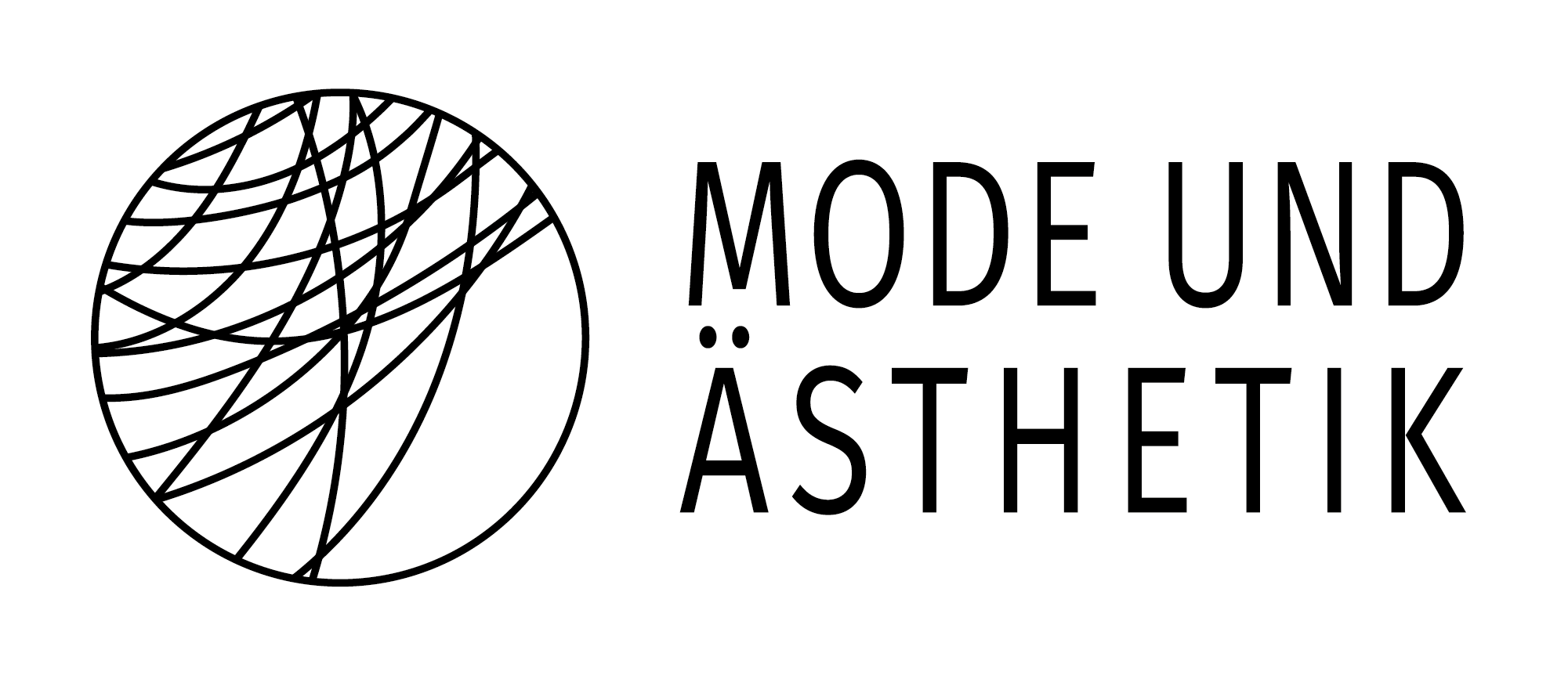Clothing has a special power. It reflects identities and conveys information about gender, age, social status and cultural affiliation. Items of clothing from different cultures are given very different meanings that are subject to constant change. A look at these changes provides information about current underlying cultural values and associations. Fashion thus becomes a key to understanding how images of belonging are negotiated and reshaped. At the same time, it has the potential to transform global narratives about cultural identities.
In recent years, the importance of fashion in terms of cultural and national identity has been called into question as globalisation and migration have increasingly blurred the boundaries between cultures. However, at a time of increased cultural demarcation and attempts to limit migration, the question now arises as to whether right-wing populist movements are causing a regression. Against this background, it is crucial to understand what role fashion plays in the construction and deconstruction of both levels, i.e. of cultural and national identity. The project examines this topic using the example of African and Japanese fashion, which are considered paradigmatic cases of cultural self-localisation and the perception of others.
The work combines visual analyses of fashion collections and museum exhibits with the evaluation of academic literature, press coverage and social media content. It examines designers who deliberately play with cultural codes in their work – be it to deconstruct colonial concepts, reinterpret cultural traditions or interweave global styles with local identities.
Furthermore, the work analyses the mechanisms by which fashion constructs and questions cultural and national affiliation. The research should contribute to analysing the influence of global fashion processes on national and cultural identities and provide new perspectives on cultural appropriation and hybridisation. The dissertation topic thus relates to the fundamental concept of culture as well as to the political and social relevance of fashion in the 21st century.



